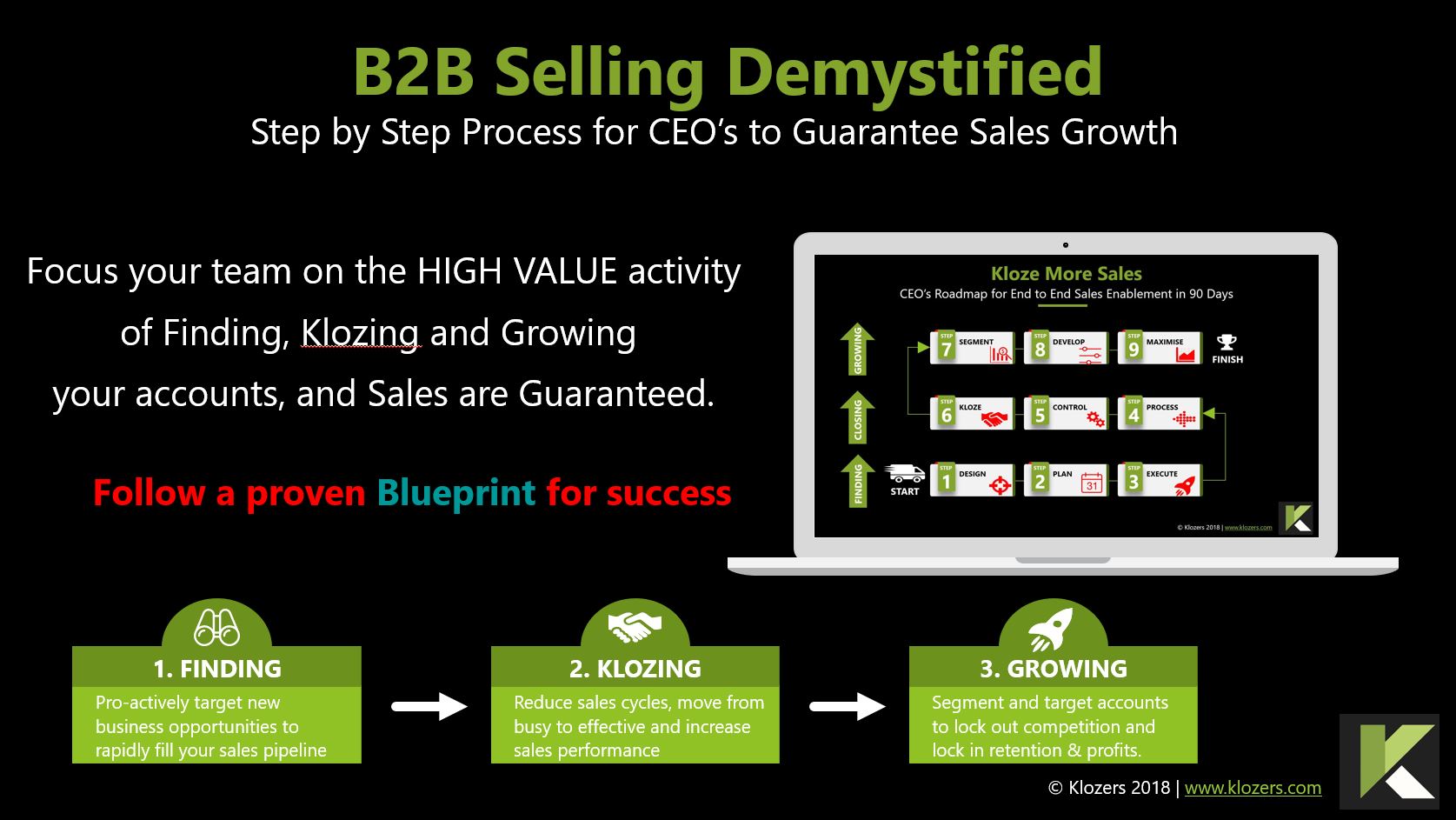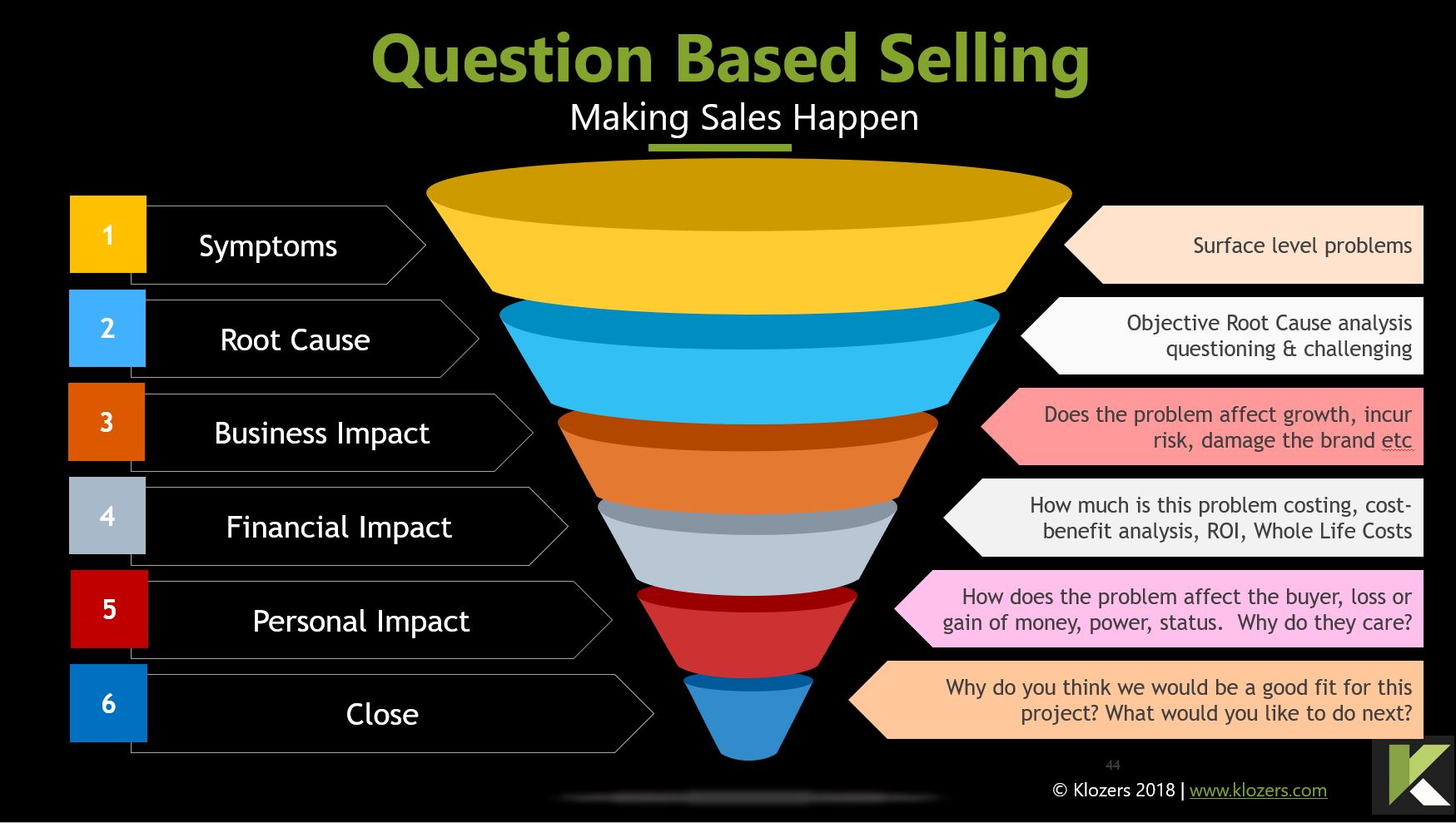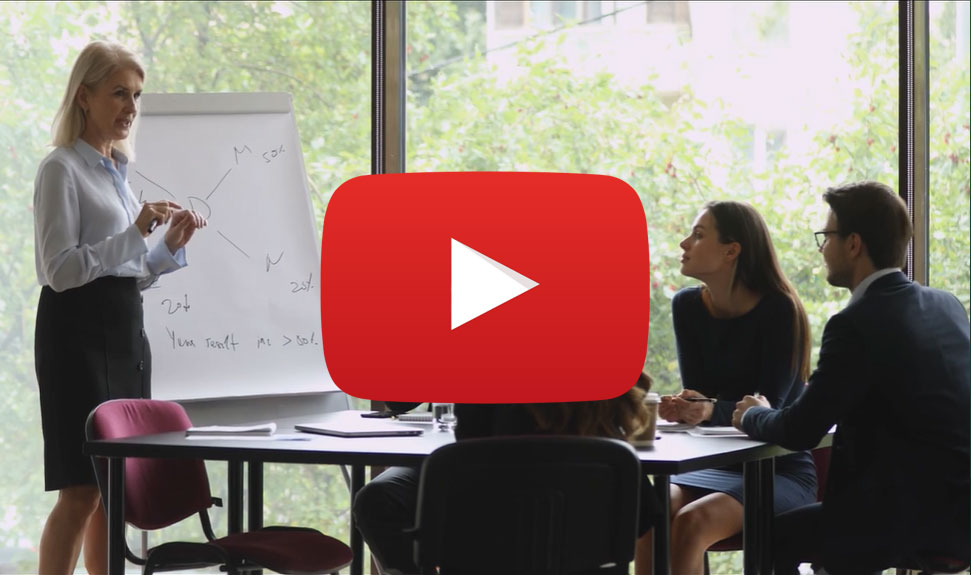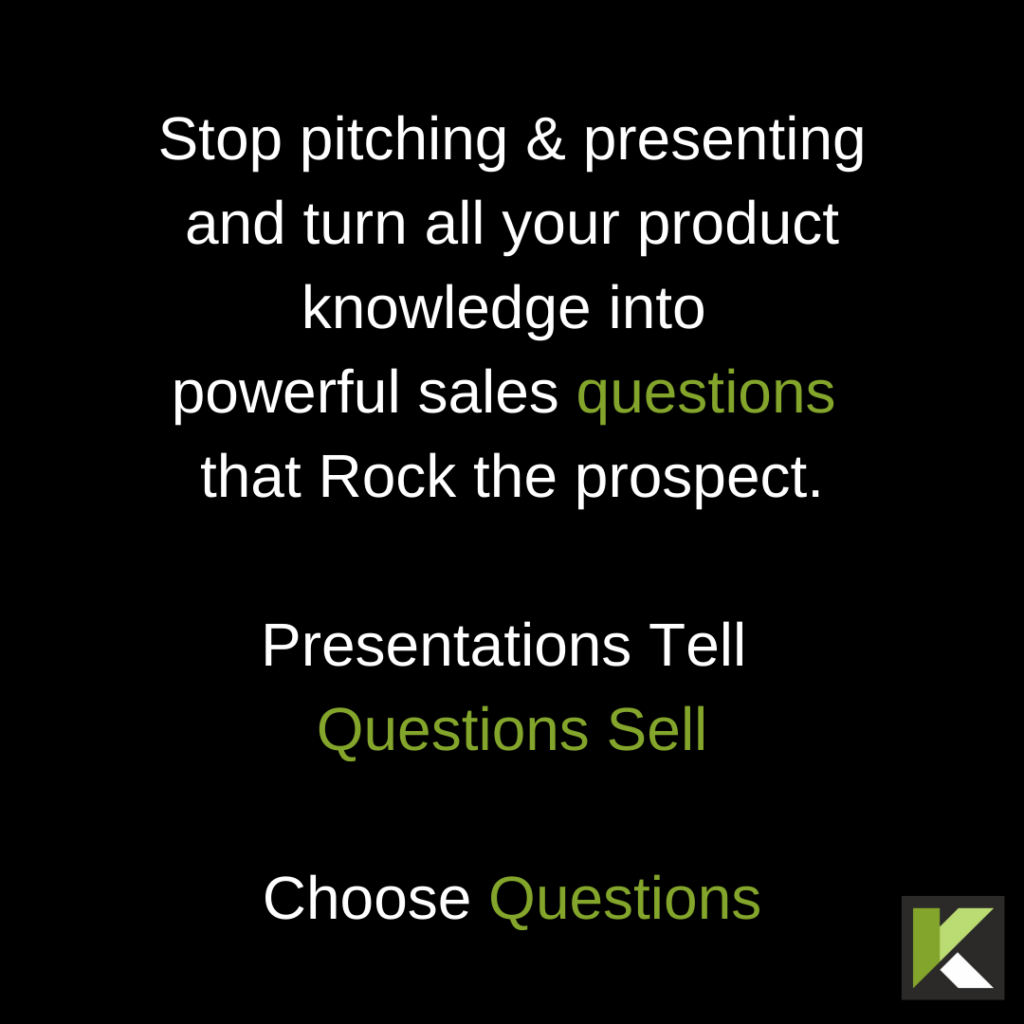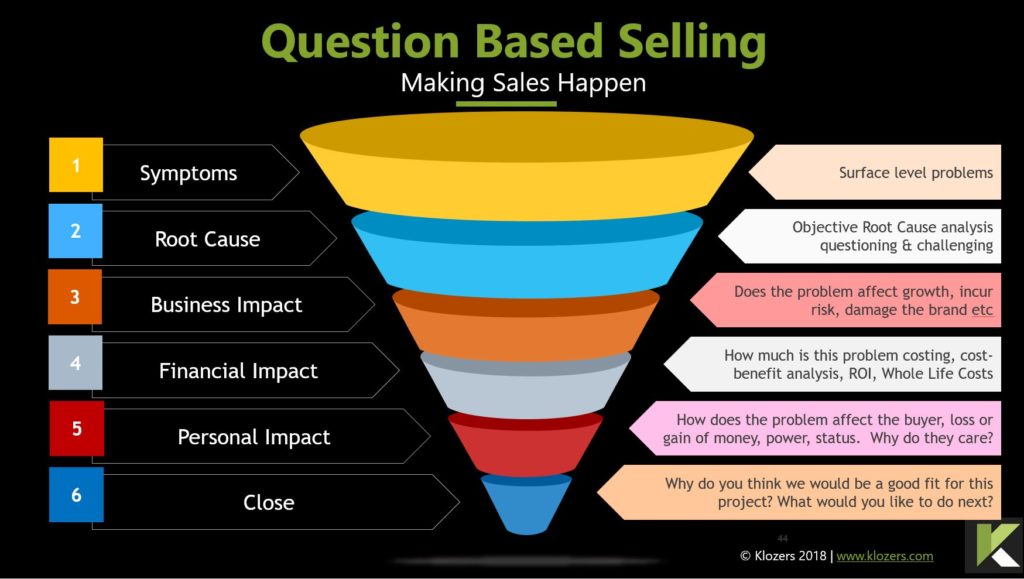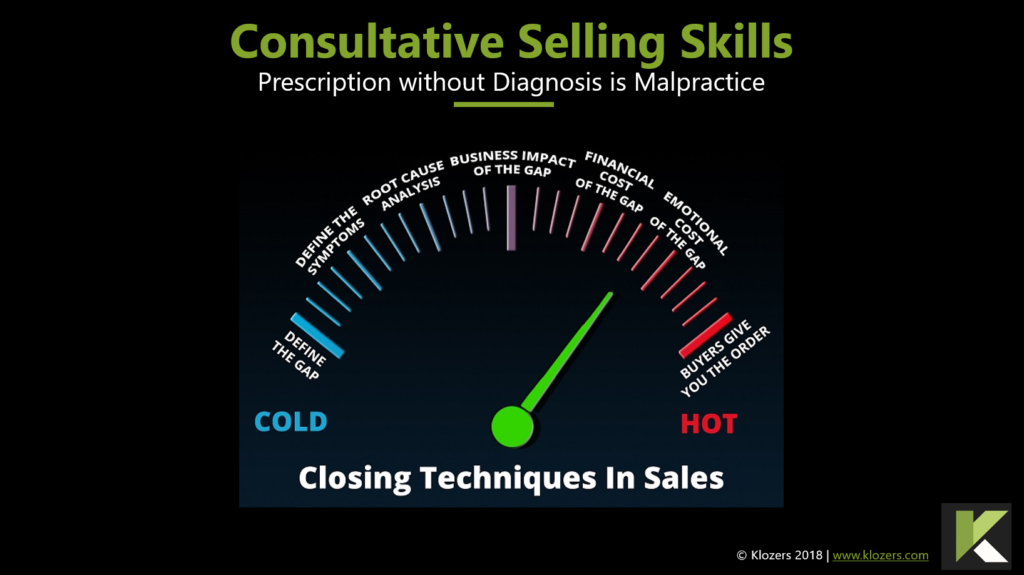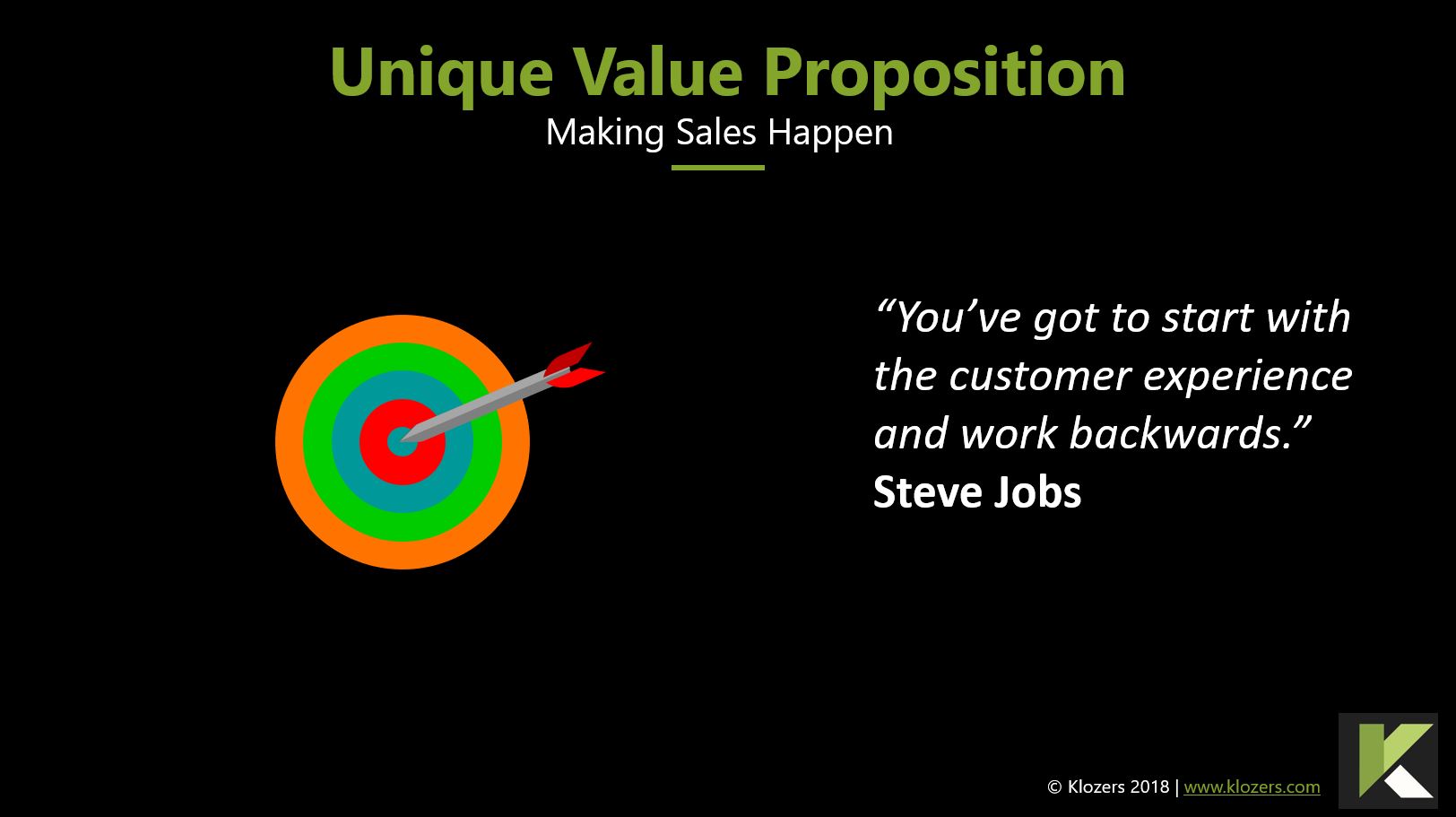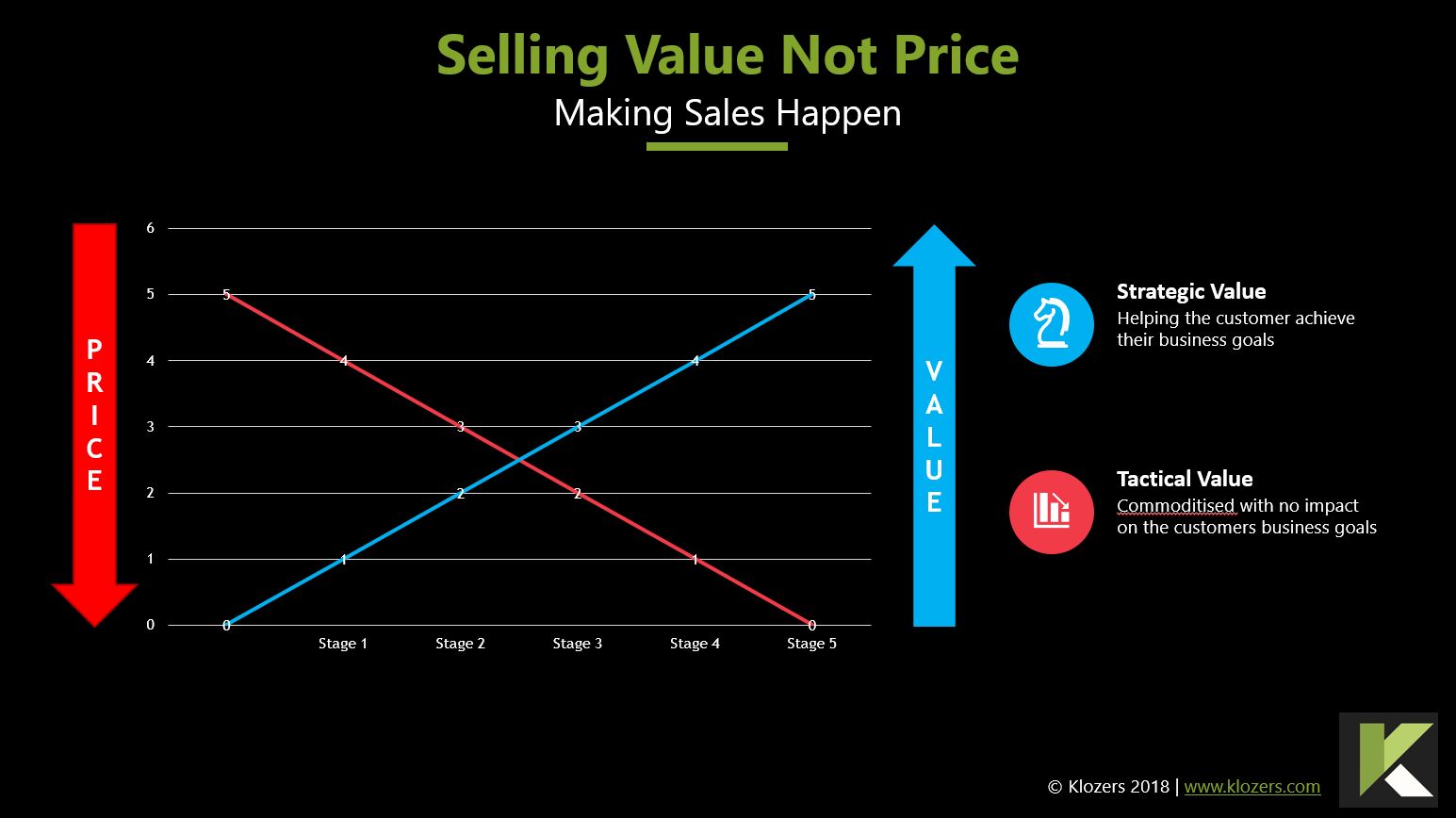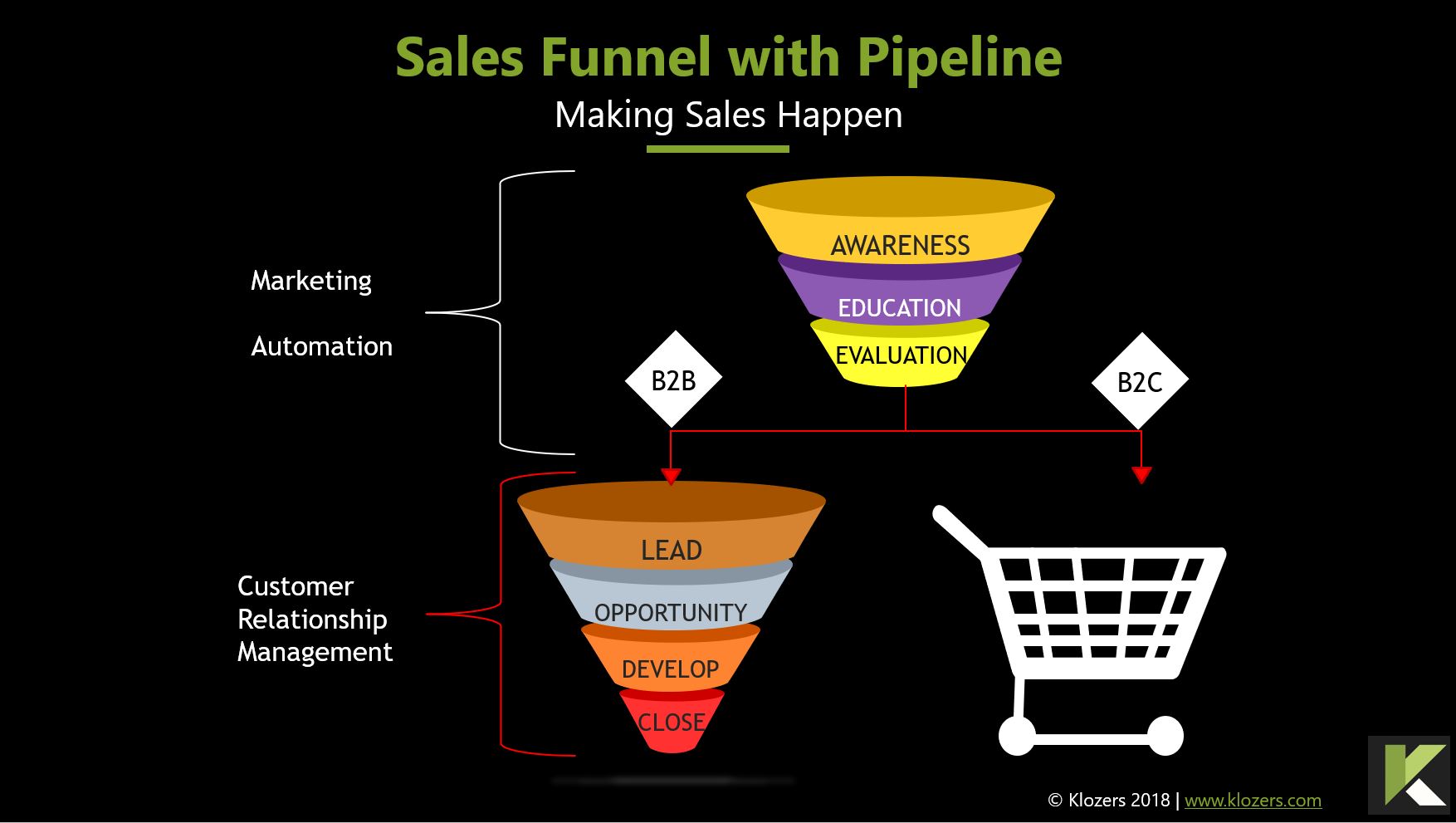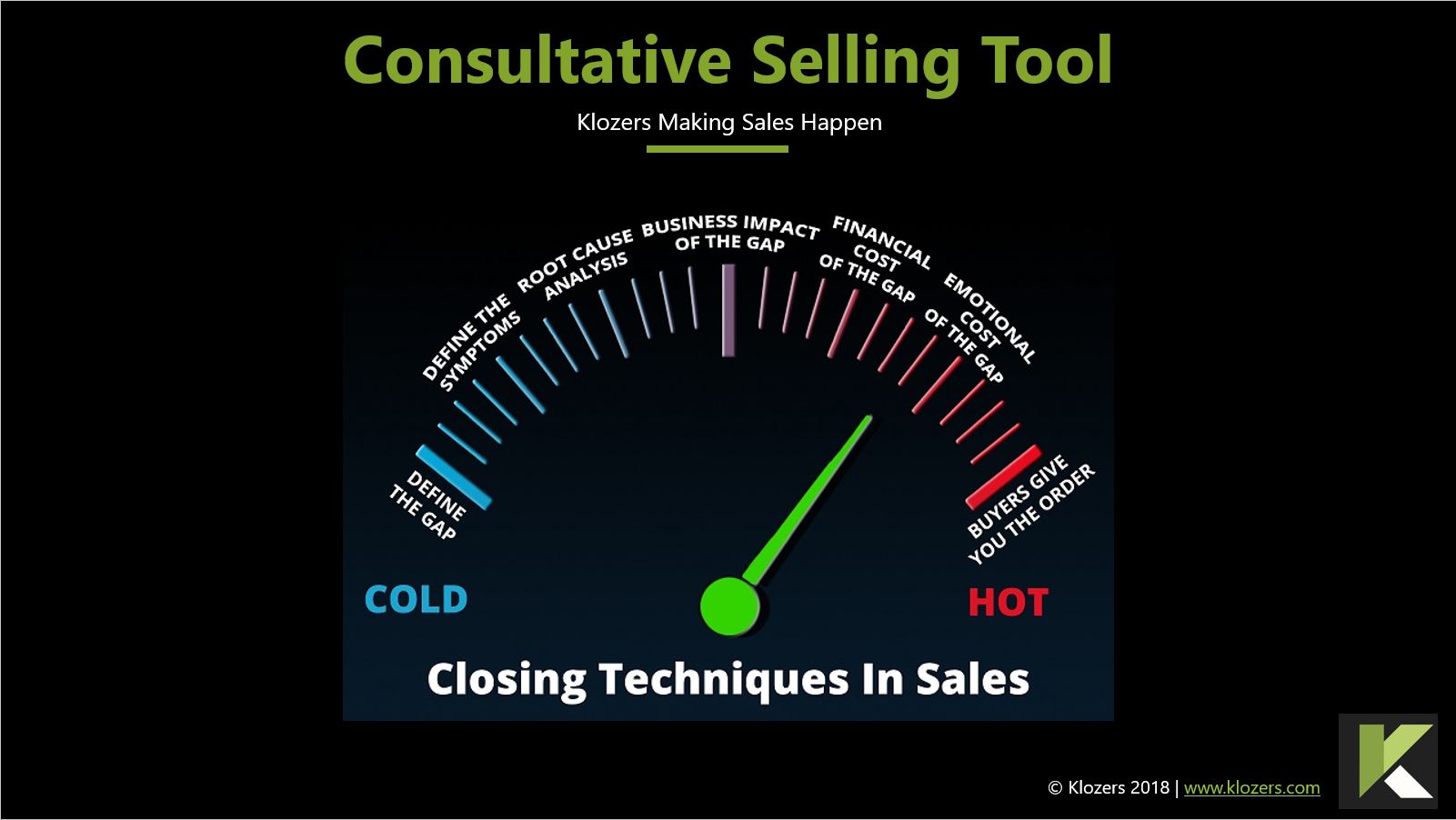7 Best Practices in Training for Telesales | Training Course
1. Training for Telesales
You may remember the ad campaign from Levi “When the world zigs you zag” which encouraged people to be different and draw on the rebellious spirit in them. Well in a world where there seems to be an app for everything it might be time for you to pull out the old fashioned Telephone and make some sales calls.
Get full details on our Telephone Sales Training Course.
2. Successful Telesales Strategies
Cold Calling might be dead, however, the telephone definitely isn’t.
Recently one of our clients was thrilled to have a buyer call back after we helped compile, one simple introductory email.
This call led to a meeting and 3 months down the line a £60,000 contract.
Using the telephone to generate demand is still possible, but we need to be much smarter and much more targeted, than simply working our way through a spreadsheet.
Simply smiling and dialing is not a recipe for success in the modern business world.
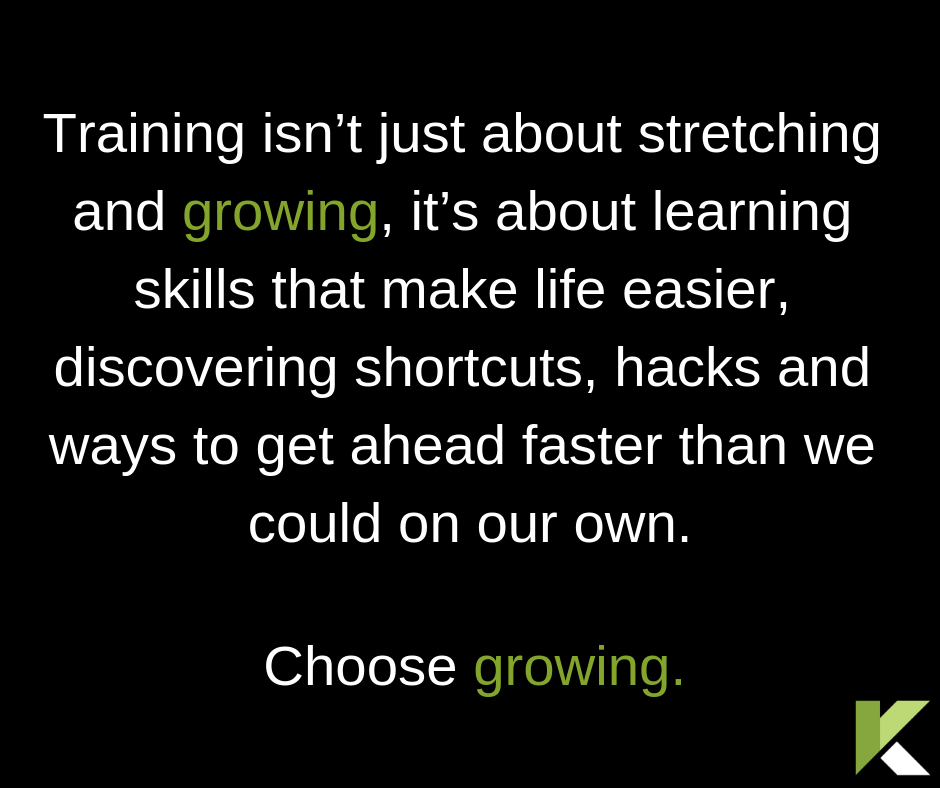
3. Does Cold Calling Work?
- 69% of buyers accepted calls from salespeople in the last 12 months.
- 71% say they are happy to talk with salespeople when they are looking for ideas to improve business results.
- 60% of IT Buyers want a cold-call from salespeople first.
It may not be fashionable, and it may not be your own personal favourite, but nevertheless, it is the world’s number one Sales Tool.
The telephone has been abused, misused and the weapon of choice for some of the worst sales strategies and sales techniques, hence the words Telephone and Sales are now not always popular bed mates.
In many cases Inside Sales teams never receive formal training for telesales and more often than not they are working ad-hoc based on one persons experience.
However:
It is not the fault of Direct Mail we get flooded with junk mail.
It is not the fault of email that people choose to send spam.
It is not the fault of Social Media that people choose to be rude, offensive and keyboard warriors.
Therefore it is not the fault of the telephone that people have made, and most of us have received, some lousy sales calls.

4. Definitions Training for Telesales
Before we go on it’s important to first establish some common ground on the basics of telesales training.
4.1 WHAT IS A COLD CALL?
A Cold Call is when you telephone a complete stranger who is not expecting your call.
4.2 WHAT IS A WARM CALL?
A warm call is when you call a complete stranger who is expecting your call because you may have emailed, or sent something in advance telling them you would call.
The success rate of Warm Calling jumps to 40% with a personal introduction to a buyer and will be anything between 3 and 40% when you send information in advance, but this is largely dependent on what you send and your value proposition.
In some industries, cold calling has an amazing conversion rate but less so in others, so like many other things the context is important.
5. Inside Sales Training
Aaron Ross’s great book Predictable Revenue will help you understand how to set up an Inside Sales team and is a great starting point, however, most of our clients quickly find there are some missing links in the translation from selling American style, to the culture and nuance of the UK.
It doesn’t help that Inside Sales is such a tough job to do and an even tougher one to manage.
Many of us have had more than one negative experience with a cold call where the caller was less than professional and this unfortunately continues, as so few people have the necessary skills to make an effective telephone call or the appetite to learn.
When we Cold Call we run the risk of damaging our brand, and this is where training and coaching have their place.
Modern technology has killed the art of voice communication. Auto-dialers, Text, Instant Messaging and Email are now the preferred form of business communication and for many picking up the phone is the last option. In our personal lives, we are also happy to text or message our family and friends rather than phone.
This is further echoed by younger generations who have moved completely away from voice communication which ironically is often the least used App on the modern telephone.
The way companies buy has changed and evolved over the last 40 years, which has forced us to change the way we communicate and sell. This has cast a question mark over the effectiveness, or lack of it from Cold Calling.
Like everything the best way to get real results from cold calling are by providing effective training for telesales which is then supported by on ongoing coaching and practice.
By practice and repetition we mean making at least 1000 calls to practice and hone your telephone selling skills. Most people, however, don’t want to make 1000 calls, especially when they are learning when each call can quickly turn into a car crash.
Now more than ever, we all seek instant gratification and when we are making cold calls, that very rarely happens.
6. Marketing vs Telesales
Many marketers will claim that Cold Calling is not the most effective use of your Salespeople’s time and they have the statistics to prove this. Where this falls down, however, is that marketing is reactive which means we have to wait on a prospect finding a blog, a white paper or a video and then hope they respond or contact us.
Sales is a pro-active sport and if there is a C – Level buyer that fits our prospect profile why wouldn’t we call them?
Why would we wait on them finding the content that marketing created?
Marketing should be providing the 80-90% of new leads to the business, however, Cold Calling also has a place; as a high impact, tactical sales tool reserved for targeting high-value prospects.

7. Best Practice in Telesales
7.1 SYSTEMS & PROCESS
If you don’t prepare your call list till the day you plan to make your calls you will never make any calls. Preparation needs to be done in advance and don’t be too proud to use scripts. Everyone laughs at the scripted young servers in McDonald’s but multiply the effect of “would you like fries with that” across thousands of sales interactions every hour of every day and the additional revenue this creates is staggering.
If you are unsure what to say you need to first develop your Value Proposition and after that, you can feed this into your opening script. Please note only the opening should be scripted because when you use Consultative Selling, you will be asking questions and the prospects answers will never fit with your script.
7.2 KNOW YOUR NUMBERS
You must keep track of all your activity such as number of calls, number of voicemails, number of times the gatekeeper blocks you, number of time you get to speak with a prospect etc. By week 2 you should know for every x calls you make, you will get one appointment or sale. This will help to motivate you when times are tough. You can download a free copy of our Sales Call Tracker sheet from the Sales Tools section which will provide the basics to get you started.
7.3 MAKE A PLAN
You should develop a call plan with the best times to call, the questions you will ask and the outcomes you want.
- Cold calling is 70% more successful on a Wednesday
- Buyers are 16% more likely to answer at 10 am
- The best talk to listen to ration is 55% to 45% (personally I think this is too much talking)
- Follow up emails get a 62% open rate
- Post call emails should be a minimum of 75 and a maximum of 100 words.
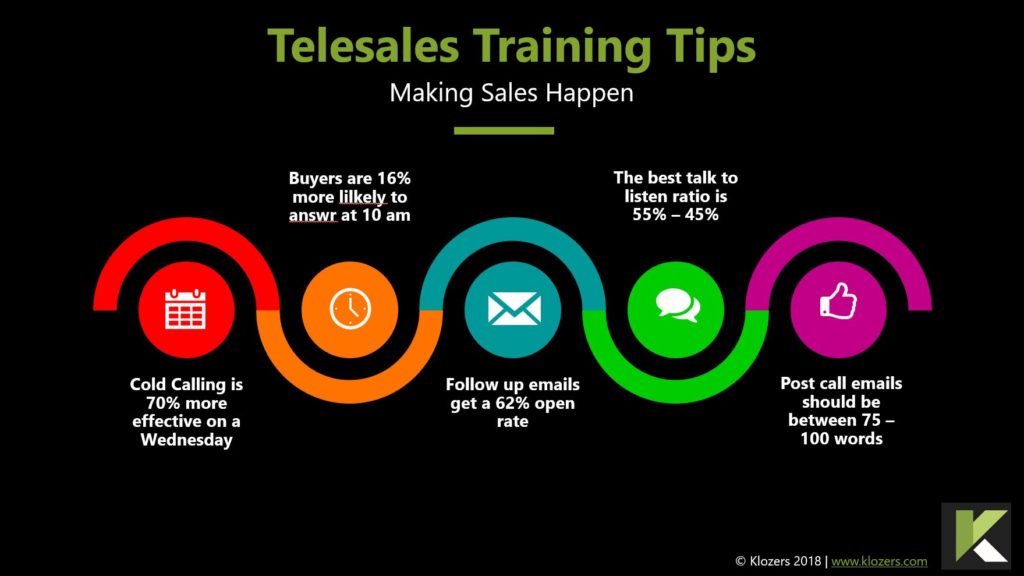
7.4 PRACTICE
Never practice on your best list of prospects, instead, take the pressure off yourself and practice on people that you have no chance of selling to. Keep your best prospect list ready till you have practiced and have developed your skills.
If you have important callbacks to make in the morning always do 2-3 warm-up calls first, to get you in the zone.
Work out in advance how you will handle sales objections so that you don’t get stuck when the prospect raises any, and they always do.
7.5 EXECUTE
Make your calls consistently and never rush. The goal is normally to set an appointment, not a competition on who makes the most calls. You must choose quality over quantity.
Even if you are trying to sell, do not, because they will smell what we call your sales breath down the telephone and it’s hugely off-putting. Never use features and benefit statements as they remind people of 1970’s car salesmen, instead use intelligent questions to engage them and gather information.
If you are selling “appointments” there is nothing more demoralising for a Salesperson than to attend an appointment arranged by telesales only to find the prospect isn’t a prospect at all. Agree with your colleagues in advance what the prospect must say or do to qualify for an appointment.
No matter how good you are every day people will be rude and even abusive. They are only words and they will never hurt you so never make the mistake of responding to them.
Kill them with kindness, protect your brand and yourself and simply say “Next Please”.
7.6 RECORD & DEBRIEF
Depending on the laws of whatever country you are reading this article in, it may be possible to record your calls. Normally recording is legal if you tell the other person and this happens all the time for inbound calls, however, it will kill your conversion ratio if you have to declare you are recording on an outbound call so only do it if it’s legal.
That said recording your calls and listening back to them is a great way to debrief a call and learn for the next one.
7.7 REPEAT
Repeat, In Malcolm Gladwell’s book Outliers, he talks about the need for 10,000 hours of deliberate practice before you can become proficient at anything.
There has been a rush of studies to try and disprove this and you may not need 10,000 hours of telesales practice, but, you will need months to perfect and hone your skills. Repetition is a great trainer.
8. What Makes Cold Calling Difficult?
Telesales is a difficult job to do consistently and your sales team will need a good sales manager who is constantly coaching, and supporting them if they are to be successful.
Although many sales staff see telephone selling as the entry level and beginners rung of the sales profession. However, a good Inside sales person is worth their weight in gold.
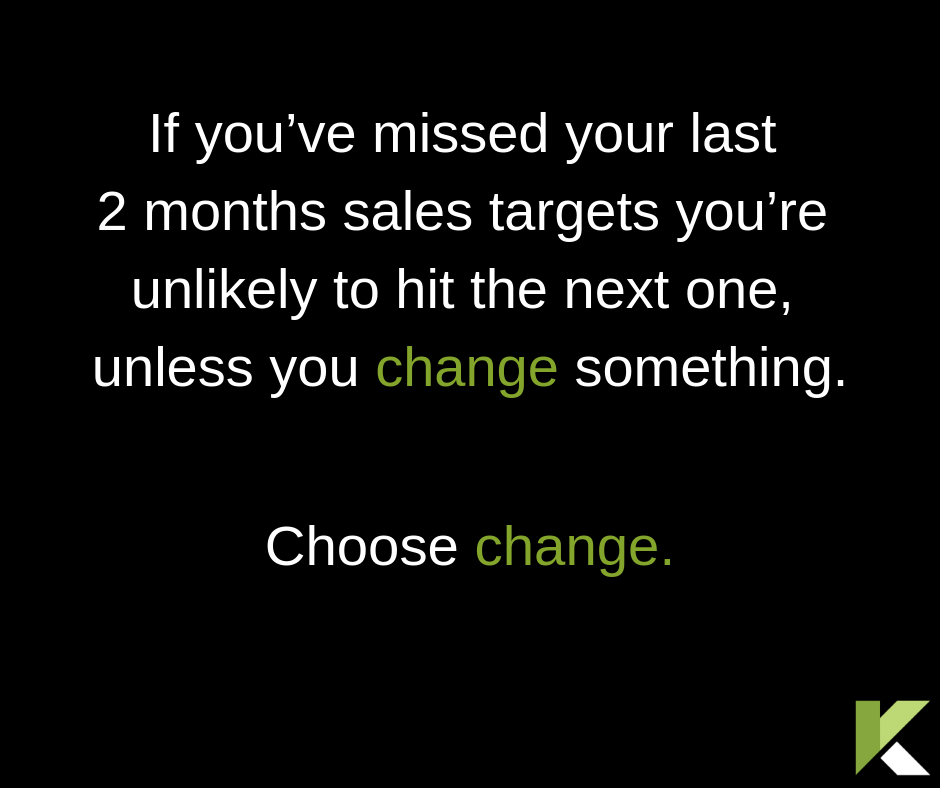
- Cold Calling has an average conversion rate to appointments of 1-3%
- Pushy sales tactics deter 84% of buyers
- Sales Reps spend 40% of their time looking for sales prospects
- 80% of cold calls go to voicemail
- A survey by Leap Job claims only 2% of cold calls result in an appointment
- A survey by Telenet states in 2007 it took an average of 3.68 attempts to reach a prospect. Today it takes 8 attempts.
Individual and group places on our courses can be booked by calling the office or filling out the Booking request form
9. Effective Training Techniques for Telesales Representatives
1. Understanding Telesales Dynamics
Effective telesales training begins with a deep understanding of the sales dynamics involved. Telesales representatives must be trained to handle various situations and adapt their approach according to the prospect’s behavior. Telemarketing skills such as effective communication, questioning techniques, and presentation skills are crucial. These skills help salespeople control the conversation, identify buying signals, and provide tailored solutions to meet customer needs.
2. Role-Playing and Real-World Scenarios
Role-playing exercises are an essential part of telesales training. These exercises simulate real-world sales calls, allowing representatives to practice their sales skills in a controlled environment. This method helps trainees feel more comfortable and confident when dealing with actual customers. Telemarketing courses often include role-playing sessions to help participants practice handling objections, closing sales, and developing rapport with clients.
3. Continuous Feedback and Improvement
Providing continuous feedback is vital for the development of telesales representatives. Trainers should give specific feedback on areas where representatives can improve and recognize their strengths. This feedback loop helps in refining their skills and increasing their effectiveness. It’s also important to discuss the results of their calls, analyze what went well, and identify areas for improvement.
4. Leveraging Technology and Tools
Incorporating technology into telesales training can significantly enhance learning outcomes. CRM systems, call recording software, and performance analytics tools provide valuable insights into sales calls. These tools help trainers monitor progress, identify trends, and provide data-driven feedback to representatives.
5. Tailored Training Programs
Training programs should be tailored to meet the specific needs of the telesales team. This includes addressing the unique challenges faced by the sales team and focusing on the products or services they are selling. Customizing the training content ensures that representatives receive relevant and practical knowledge that they can apply in their daily activities.
6. Building Confidence and Motivation
Building confidence is key to successful telesales. Representatives should be encouraged to believe in their ability to close deals and overcome objections. Motivational sessions, success stories, and recognition of achievements can boost morale and inspire representatives to perform at their best.
7. Emphasizing Customer-Centric Selling
Training should emphasize the importance of understanding and addressing customer needs. Telesales representatives should be trained to listen actively, ask the right questions, and provide solutions that genuinely benefit the customer. This customer-centric approach builds trust and increases the likelihood of closing sales.
8. Implementing Best Practices
Incorporating industry best practices into the training program ensures that telesales representatives are equipped with the most effective strategies and techniques. Learning from the experiences of successful salespeople and applying proven methods can significantly improve performance.
9. Regular Training Updates
The telesales environment is constantly evolving, and so should the training programs. Regular updates to training content ensure that representatives stay current with the latest trends, technologies, and techniques. Ongoing training sessions help maintain a high level of competence and adaptability among the telesales team.
10. Measuring Training Effectiveness
It’s essential to measure the effectiveness of training programs to ensure they deliver the desired results. Key metrics such as call conversion rates, average deal size, and customer satisfaction scores can provide insights into the impact of training. Regular assessments and reviews help identify areas for improvement and ensure continuous development.
By implementing these effective training techniques, telesales representatives can significantly improve their performance and achieve better results. Continuous learning, tailored programs, and a focus on customer needs are essential components of successful telesales training. By investing in comprehensive training, companies can equip their sales teams with the sales skills and confidence needed to excel in the competitive telesales environment.
10. Telephone Sales Training
We have been successfully delivering our essential telephone selling skills course since 2014. Delivered by our team of expert trainers, the course covers everything a sales team needs to generate sales leads and improve sales performance across your sales staff.
The telesales courses will help your sales team choose the most likely potential customers to call, the best methods for getting past the gatekeeper and ensure you are talking to the right person. How to build rapport, gain the customer’s interest and how to move them to the next stage of your sales process. How to handle objections and build an effective communication process with potential customers.
Lead generation is an important part of telesales success, however, in most cases you are not selling, but more often, you will need be securing a further call or meeting with other people in the buyers decision making unit and or securing a call back.
Find out how we can help you create more sales opportuntities and win more business with our telesales course now.






